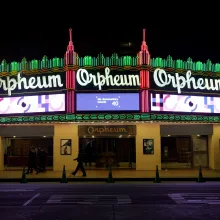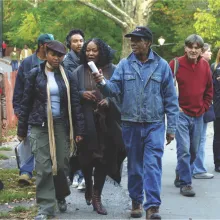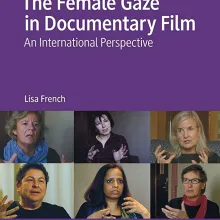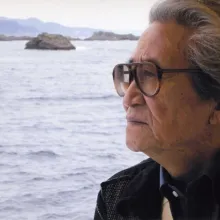This piece was first published in Documentary ’s Winter 2024/2025 issue, with the following subheading: What does the makeup of films awarded at IDA’s
Documentary History
This piece was first published in Documentary ’s Winter 2024/2025 issue, with the following subheading: From film festivals to the Oscars, one writer
The pioneering American filmmaker William Greaves (1926–2014) produced, directed, shot, and edited more than 100 experimental, documentary, and social issue–based films. His four Emmy nominations cap a lifetime as a successful songwriter, dancer, and actor; he was a member of the Actors Studio and had featured roles in independent, Black-cast movies of the late 1940s.
Film at Lincoln Center’s recent retrospective, “The Dirty Stories of Jean Eustache,” brought more attention to The Mother and the Whore (1973)—the
Australian filmmaker and academic Lisa French’s latest book, The Female Gaze in Documentary Film—An International Perspective, published by Palgrave Macmillan, shoulders the fairly exacting responsibility of deconstructing the female gaze in documentaries. French’s research finds that women find it easier to gather funding for documentaries as opposed to fiction, owing to smaller budgets and crews involved. This fact sets the premise for her inquiry.
Noriaki Tsuchimoto is a towering figure in Japanese documentary cinema, but only known by name and reputation in the West. Beyond festival screenings
By May 2000, the fear of an impending apocalypse dimmed. The Y2K glitch, the much-hyped computer error that supposedly stemmed from the inability of
In December 2020, the Indian government, led by Prime Minister Narendra Modi and the Hindu right-wing Bharatiya Janata Party (BJP) that has held an
The end of El Gran Movimiento, the hybrid second film by Bolivian director Kiro Russo, consists, quite literally, of all that came before. In a rapid
Few media arts centers last 50 years, let alone in Manhattan, where sky-high rents drive most out of business. But DCTV has survived for half a














